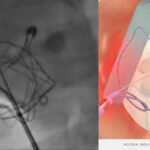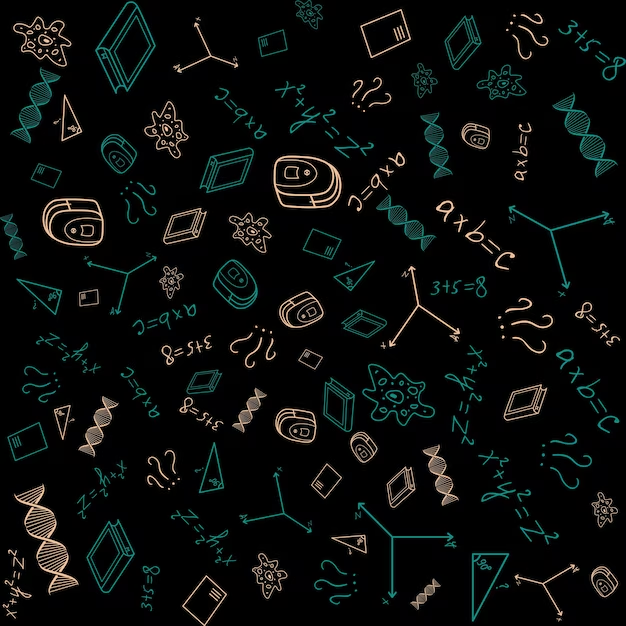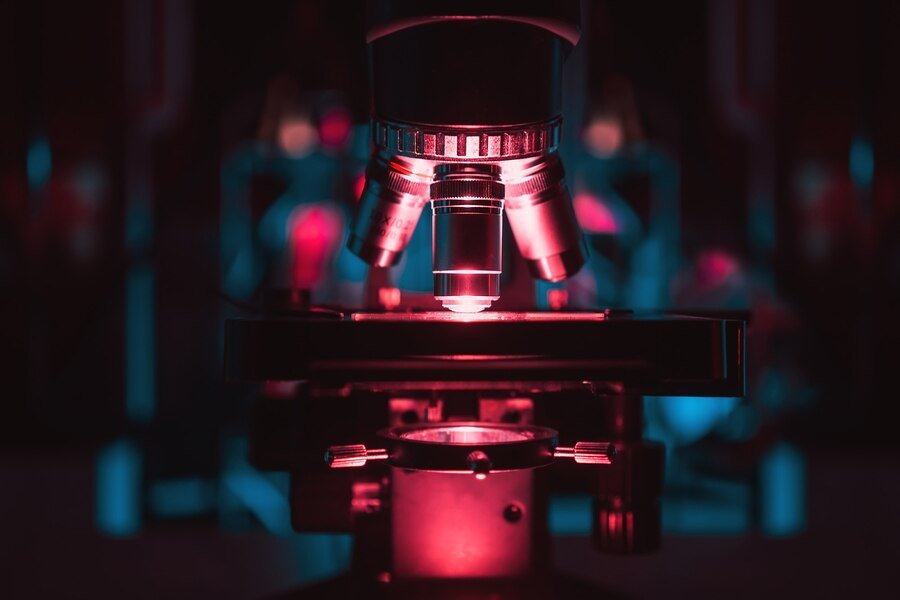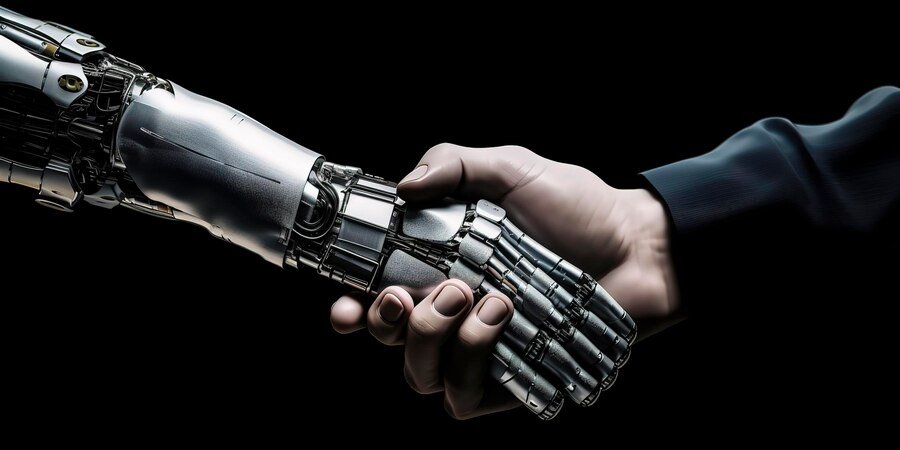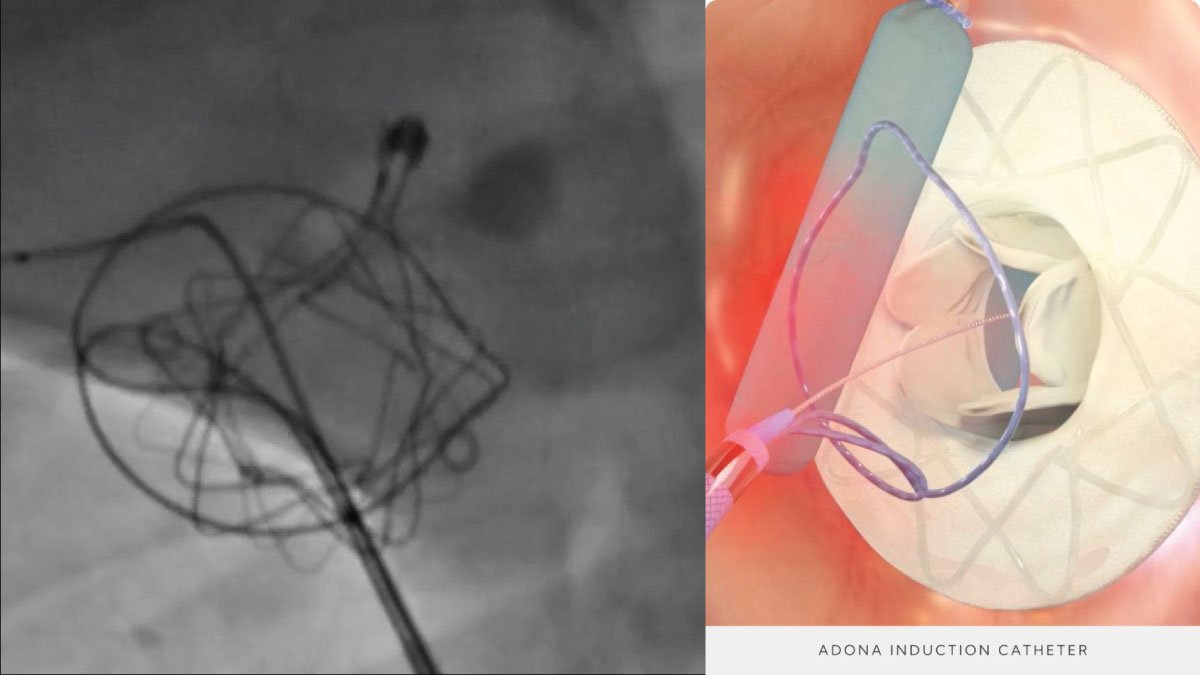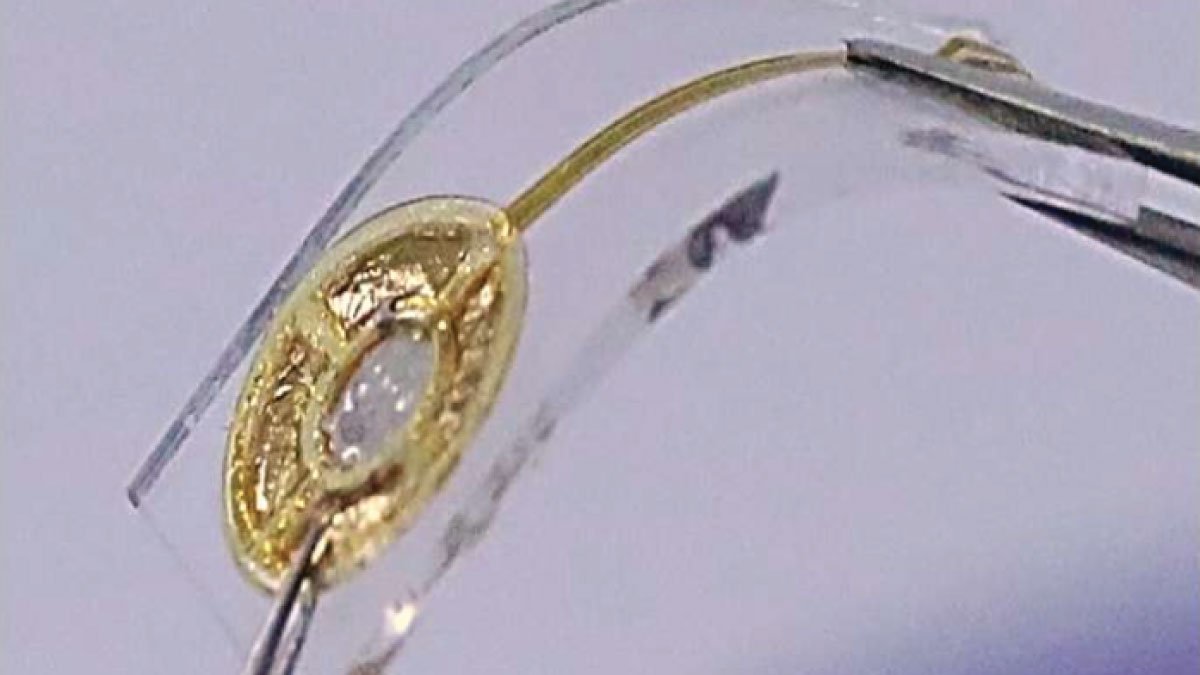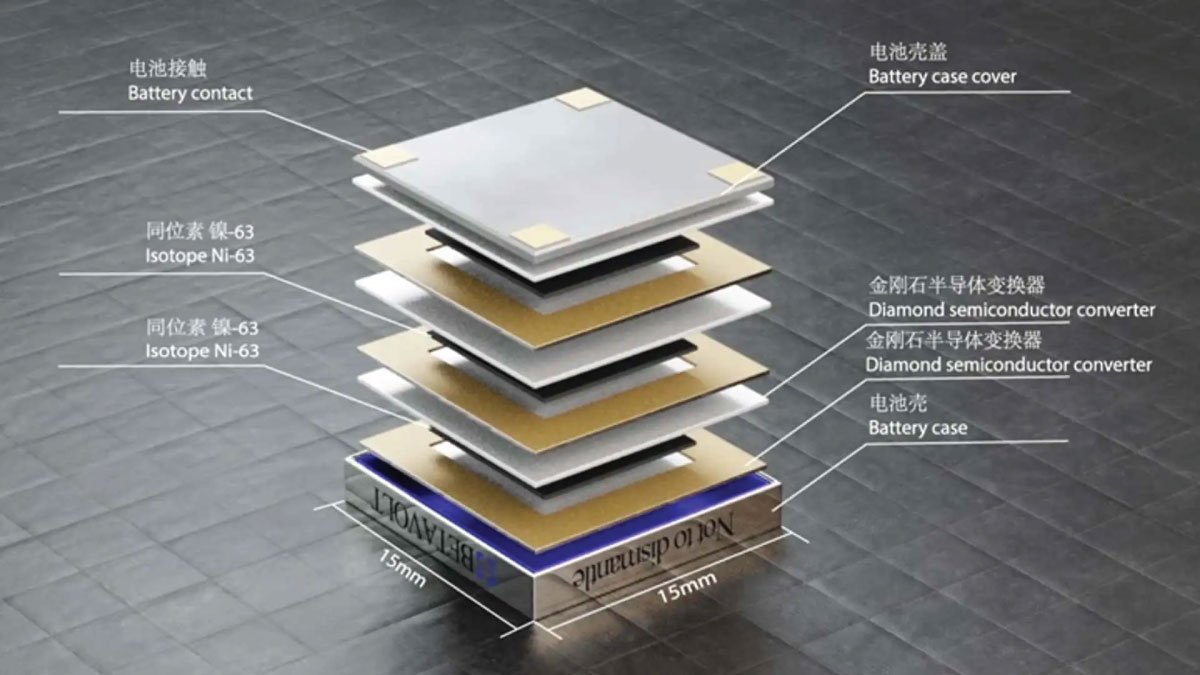Mirai AI by MIT Predicts Breast Cancer 5 Years Ahead: A Technological Leap in Early Detection
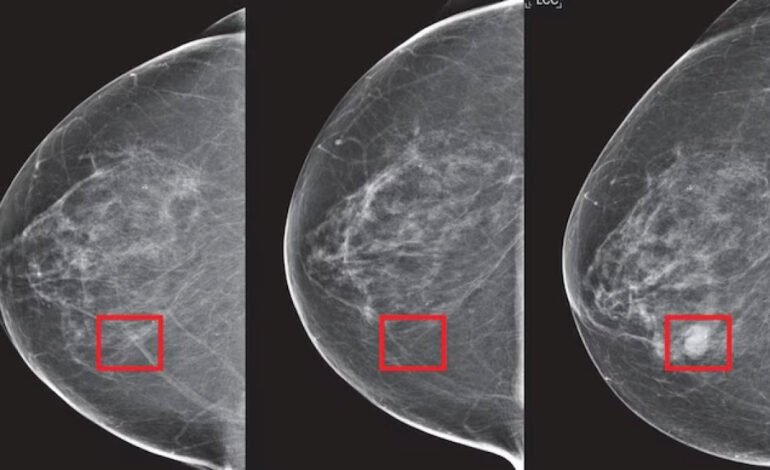
Summary:
Massachusetts Institute of Technology (MIT)’s Mirai AI/ML model revolutionizes breast cancer detection by identifying risk in advance 5 years, promising earlier intervention and better results.
Mirai AI Revolutionizes Breast Cancer Detection
In a revolutionary step, MIT researchers have developed an artificial intelligence and machine learning (AI/ML) model called Mirai can predict breast cancer up to five years before obvious symptoms appear. This innovative technology has the potential to transform strategies for early detection and treatment of breast cancer, significantly improving patient outcomes.
Mirai AI’s Benefits in Early Detection
Mirai AI’s ability to predict breast cancer risk years in advance offers several key benefits. First of all, early detection is important in cancer treatment because it increases the chance of successful intervention and reduces mortality. By identifying potential cancer risks before symptoms appear, Mirai enables timely monitoring and prevention.
Second, Mirai AI uses advanced algorithms to analyze mammograms and other diagnostic data with exceptional accuracy. This accuracy reduces the likelihood of false positives and false negatives, ensuring patients receive accurate diagnoses and appropriate follow-up care. Additionally, the AI model continuously learns and improves its predictive capabilities, increasing reliability over time.
Potential Applications of Mirai AI in Medical Devices
Integrating Mirai AI into medical devices has enormous potential for the healthcare industry. AI-based diagnostic tools could be developed to provide real-time analysis of mammograms during routine exams. This would allow radiologists to quickly identify high-risk patients and recommend additional testing or preventive measures.
Additionally, AI-powered wearable screening devices could be deployed in remote or underserved areas, improving early detection of breast cancer for populations with limited medical resources. These devices can operate autonomously or with minimal supervision, making them ideal for public health initiatives and mobile clinics.
Future Trends in AI and Cancer Detection
The future of AI in cancer detection is bright, and continued advancements are expected to improve its capabilities. As AI models like Mirai develop, they will likely integrate with other diagnostic tools and electronic health records, providing a comprehensive view of a patient’s health and risk factors. This comprehensive approach will lead to more effective and personalized cancer prevention strategies.
In addition, the development of AI algorithms that can predict many types of cancers and other diseases is on the horizon. Mirai’s success sets a precedent for similar innovations, paving the way for a future where AI plays a central role in early disease detection and management.
Conclusion:
MIT’s Mirai AI represents a significant step forward in the early detection of breast cancer. By predicting cancer risk up to five years in advance, Mirai offers unprecedented opportunities for rapid intervention and improved patient outcomes. Integrating AI into medical devices will revolutionize the diagnostic process, making early detection more accessible and accurate. As AI technology continues to advance, its potential to transform healthcare and save lives becomes even more promising.


